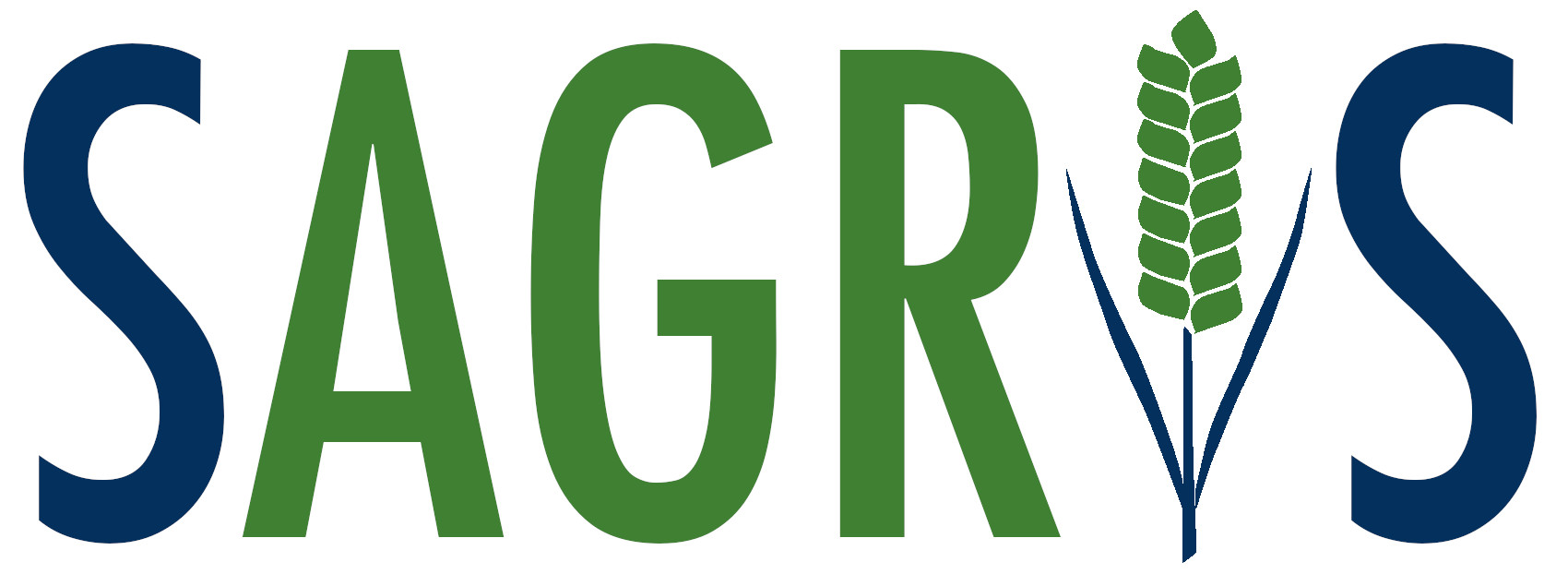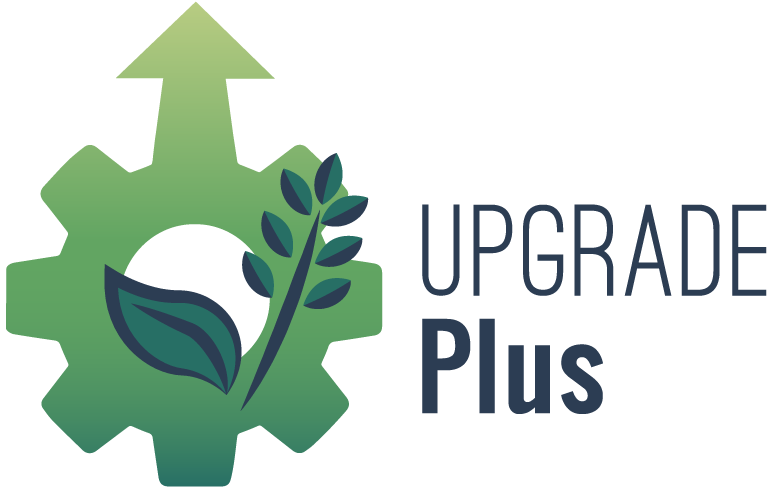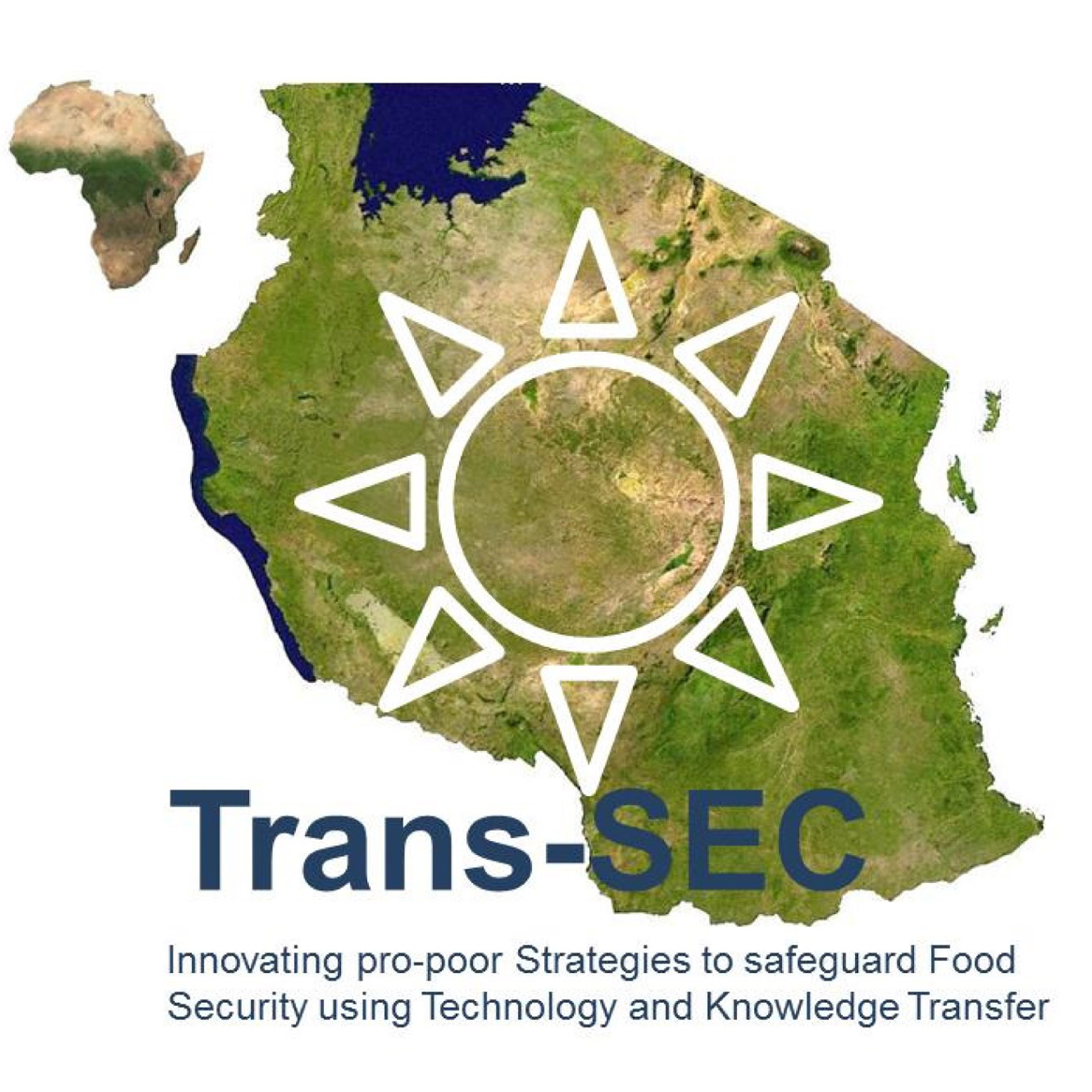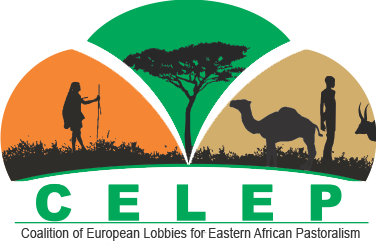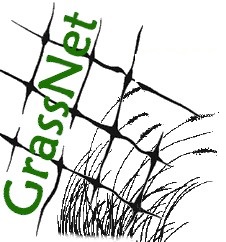Myanmar 2015
Prof. Dr. E. Schlecht, Dr. C. Hülsebusch
Myanmar, March 13th – 29th 2015
Landuse changes on the way to democracy – the Case of Myanmar
From March 13th to March 29th, 2015, a group of 21 Students and 6 faculty from the University of Kassel at Witzenhausen, the University of Göttingen, and DITSL Witzenhausen followed through a very interesting, instructive and also physically taxing schedule in Myanmar, studying the country’s agricultural and forestry sectors with view to landuse changes on the way to democracy – the Case of Myanmar.
The Republic of the Union of Myanmar hosts a variety of different ecological zones and agricultural and forest landscapes. Smallholders dominate the agriculture sector. They operate in a similar bio-geophysical environment as their Thai neighbours, but in a different political and economic setting. Independent since 1948 and under military regimes since 1962, the country entered into a democratic process only in 2011. Consequently, all economic sectors of the country currently undergo major transformational change. The 2015 excursion particularly focussed on these transformation processes.
The 2-weeks study tour was organized in cooperation with Yezin Agricultural University in Pyinmana and received financial support from: DAAD (German Academic Exchange Service via PROMOS at the Universities of Kassel and Gottingen), Foundation fiat panis Ulm, Hochschulverband Witzenhausen e.V., Freundeskreis Wilhelmshof e.V. Witzenhausen, Universitätsbund Göttingen e.V., German Institute for Tropical and Subtropical Agriculture – DITSL GmbH Witzenhausen, Faculties of Agricultural Sciences / Forest Sciences and Forest Ecology / Economic Sciences of the University of Gottingen, Faculty of Organic Agricultural Sciences FB11 of University of Kassel.
The excursion aimed at a deeper understanding of the processes and effects of transformation in agriculture, forestry and fisheries by visits to a variety of producers, processors and projects, demonstrating the diversity from large to small scale, from intensive to extensive, and from collective to individual in a dynamic South-East Asian country.
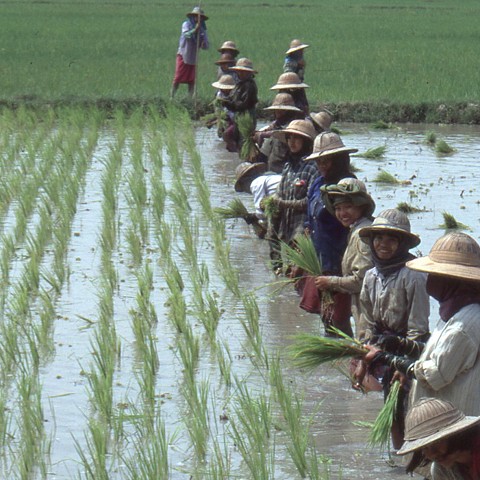
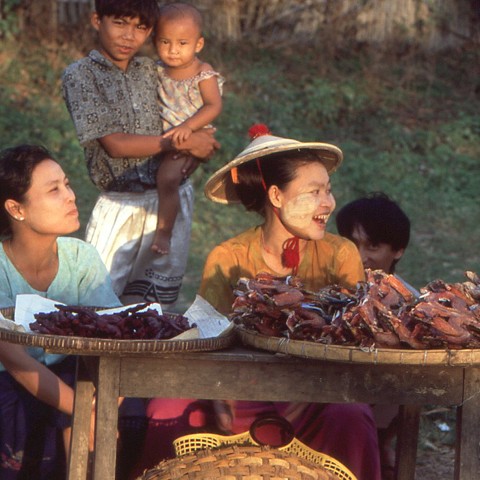
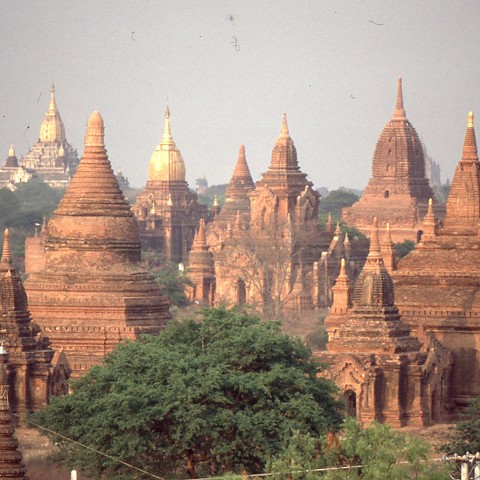
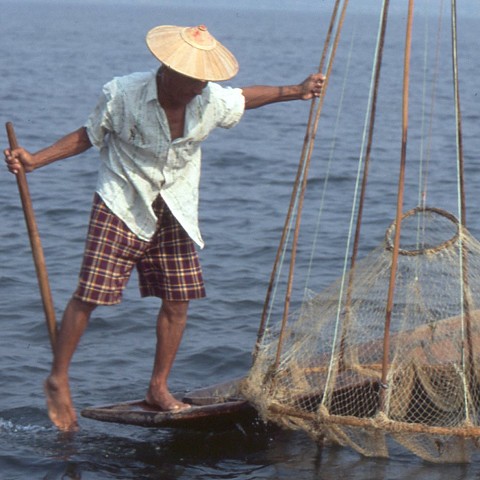
International Training Programme 2016
Theory and Workshops: Monday, 22.2.2016 – 4.3.2016
Thailand 2013
Prof. Dr. E. Schlecht, Dr. C. Hülsebusch
Thailand, Febuary 28th – March 15th 2013
Transformation Processes in the Agri-Food Sector – the Case of Thailand
The 16 day excursion to Thailand, a tropical country, provided participants with interdisciplinary insights into the bio-physical and socio-economic components of agro-silvo-pastoral systems in the global context.
From the Malaysian Peninsula in the South to the foothills of the Himalayan mountains in the North and from the Khorat Plateau in the East to the border with Myanmar in the West, Thailand hosts a variety of different ecological zones and agricultural and forest landscapes.
The country’s agricultural sector is still dominated by smallholder farmers, but this rapidly transforming towards being market- and export orientated.
The forestry sector has become more responsive to environmental concerns and since the logging ban in 1989, Thai forest institutions have developed a policy framework linking forests, communities, conservation and economic development. The 2013 excursion to Thailand focused on such transformation processes.
Upon request of the organizers, the colleagues at Thaksin University in the South of Thailand, particularly Dr. Aporn Songsang, have developed a two week excursion programme including visits to a variety of producers, processors and projects, thus demonstrating the diversity from large to small scale, from intensive to extensive, and from private cooporative to public collective.
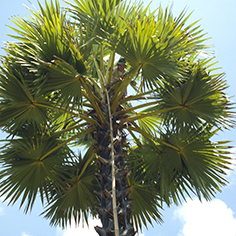
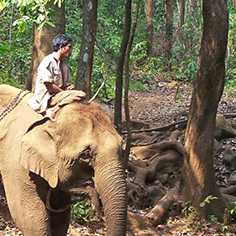
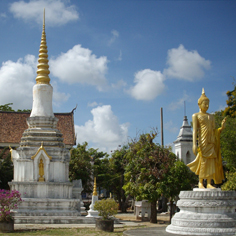
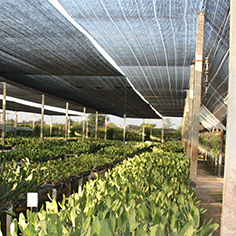
Local knowledge
Biannual - intensive one week block course for BSc and MSc level
Forthcoming in the academic winter term 2019/20.
Background
Practitioners (e.g. farmers, livestock keepers, traders) and other local stakeholders (e.g. governmental or NGO staff) have differentiated and experiential knowledge on their respective activity systems, e.g. farming, trade business, aid work. This knowledge is commonly called local knowledge. Transdisciplinary research aims at integrating local knowledge with knowledge from scientists in order to find solution to complex real world problems. This complementary use of different knowledge sources is of particular importance in the field of development-oriented research and extension dealing with (smallholder) agricultural production systems.
Content of the course
The one week intensive course addresses the following questions: - Which knowledge do practitioners and other societal stakeholders hold, that is of interest to scientists when dealing with complex problems? - Which are the (cognitive) reasons for differences and complementarities between the knowledge of practitioners and scientists? - Which methods can we use to learn about local knowledge? - How can we integrate knowledge from different sources in a transdisciplinary research project?
Learning methods
The intensive one-week course emphasizes learning through a mix of lectures, group work, interactive tools and structured discussions. Students from different study programs (Bachelor and Master) are encouraged to actively exchange and reflect on learning content and practical exercises.
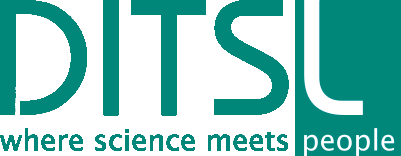
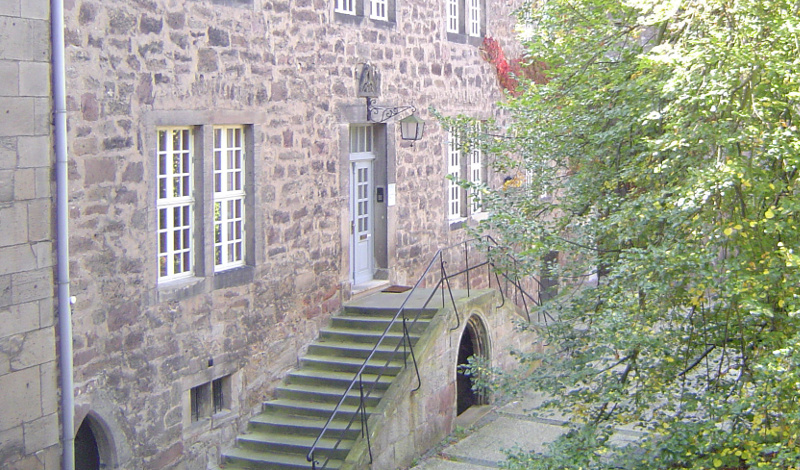




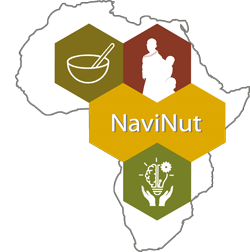 NaviNut
NaviNut